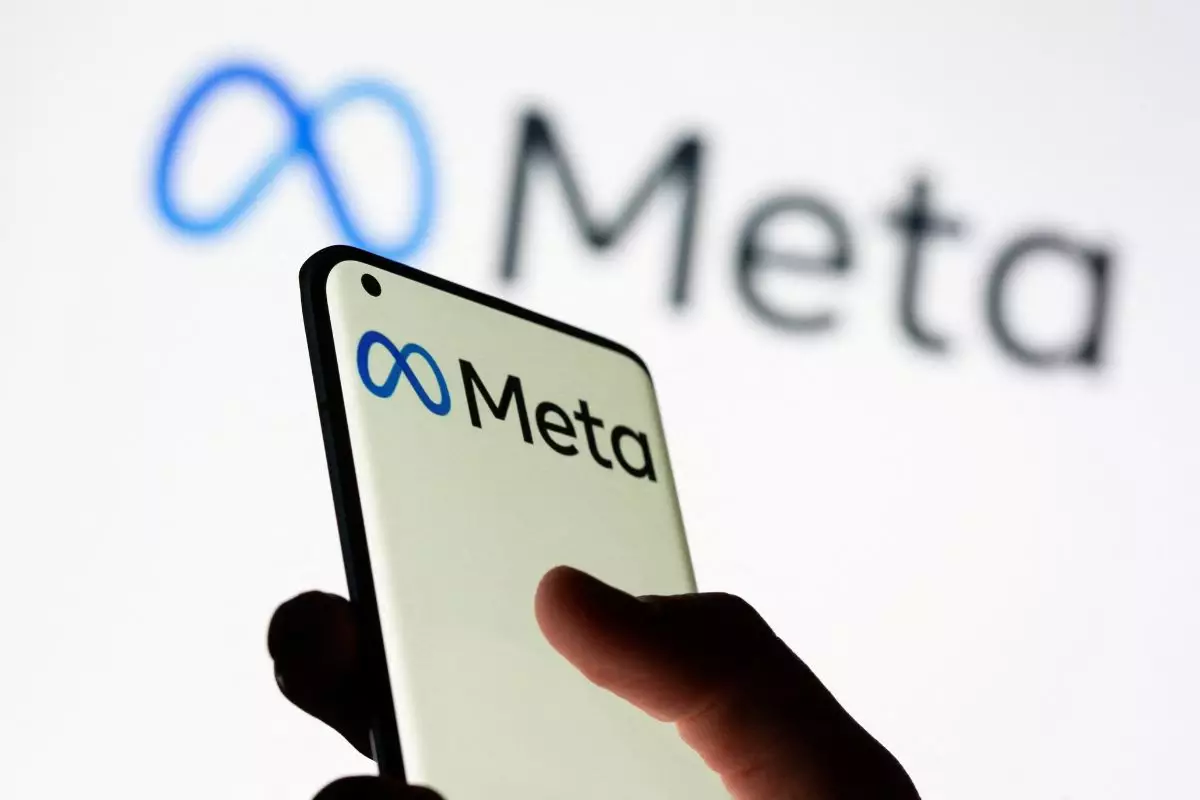The landscape of technology and social media is undergoing tumultuous scrutiny, with antitrust concerns significantly shaping the future of major players in the field. At the heart of this dynamic is Meta Platforms, Inc., a behemoth created by Mark Zuckerberg in 2004, which extended its reach through strategic acquisitions like Instagram and WhatsApp. Recent testimonies from Zuckerberg reveal alarming reflections from 2018, where the founder contemplated spinning off Instagram due to fears over potential antitrust actions. This retrospective analysis prompts us to explore the broader implications of these tensions, not just for Meta, but for the entire tech ecosystem.
The mere fact that Zuckerberg contemplated a split signals a heightened awareness of regulatory challenges looming over large tech firms. The concerns he articulated at the time—venturing into the “extreme step” of divesting Instagram—demonstrate how deeply he understood the vulnerabilities of a conglomerate model amidst growing calls for scrutiny. As antitrust actions are increasingly viewed as essential in curbing monopolistic tendencies in Silicon Valley, Zuckerberg’s thoughts reflect not just a strategic interest but a recognition of the fragility that accompanies immense corporate power.
The ‘Buy or Bury’ Strategy: A Conflicted Legacy
Zuckerberg’s testimony uncovers a narrative revealing that Meta’s growth narrative has been underscored by a “buy or bury” ideology. By expressing that acquiring Instagram was necessary because it posed a threat with its superior camera technology, he inadvertently substantiates claims that Meta has consistently sought to neutralize competition through acquisition rather than innovation. In essence, Zuckerberg acknowledged that the very birth of Instagram was catalyzed by competition; a notion that defies the very spirit of free market economics espoused by proponents of unregulated capitalism.
This admission raises pivotal questions about the ethical responsibilities of tech founders. Should market dominance afford the luxury of acquisition to stave off competition, or does it inherently carry the responsibility to foster a thriving ecosystem of innovation and creativity? As legal frameworks struggle to catch up with technology, the “buy or bury” methodology reveals the limitations of current antitrust laws, which often fail to encapsulate the rapidly evolving nature of digital competition.
Meta’s Reorganization Amidst Regulatory Pressure
The decisions made by Meta concerning the integration of Instagram and Facebook weren’t merely incidental; they were reflective of a larger strategy aimed at consolidating power and resources. Zuckerberg’s own admission that consolidation could potentially elevate business performance, but also risk degradation of Facebook’s core value, illustrates the precarious balancing act that permeates tech operations today. It emphasizes the philosophical tug-of-war between fearless innovation and the palpable fears of regulatory backlash.
Meta’s decision against spinning off Instagram in favor of a tighter integration can be perceived as a desperate attempt to maintain business unity amidst the chaos of regulatory pressures. This leads to questions about whether companies can ever truly innovate without being shackled by the shackles of their own size. When growth becomes synonymous with acquisition, does the diversity of user experience suffer? Or, is the marketplace richer for it?
Regulatory and Competitive Implications in the Future
The looming specter of regulatory intervention signified in Zuckerberg’s statements about the inevitability of potential breakups encapsulates a significant crossroads in tech history. If a new political administration, particularly a Democratically-led one, moves towards stricter enforcement of antitrust laws, it could catapult Instagram and WhatsApp into their domains. In navigating this uncertain terrain, Zuckerberg’s foresight about governmental disputes underscores a growing consensus among industry leaders: reforming the framework governing technology companies is not merely a possibility but a necessity.
Furthermore, the assertion that “most companies perform better after they’ve been split” evokes a pivotal perspective that merits deeper consideration. The prevailing conventional wisdom, which holds that giant entities naturally exploit synergies for enhanced performance, must be scrutinized in light of this assertion. The history of corporate breakups often reveals that innovation thrives in competitive environments where smaller entities can flourish without the overbearing weight of massive conglomerates.
Zuckerberg’s testimony captures key moments of introspection and strategy within a company that once seemed impervious to criticism. In light of mounting evidence and operational history, Meta’s journey becomes a microcosm of broader challenges faced by the tech industry in reconciling growth with ethical accountability. As regulators hone their focus on enforcing fair competition, it is crucial for companies like Meta to pivot towards true innovation rather than opportunistic acquisitions—a realization perhaps belated yet essential for the sustainability of their businesses and the digital marketplace at large.


Leave a Reply